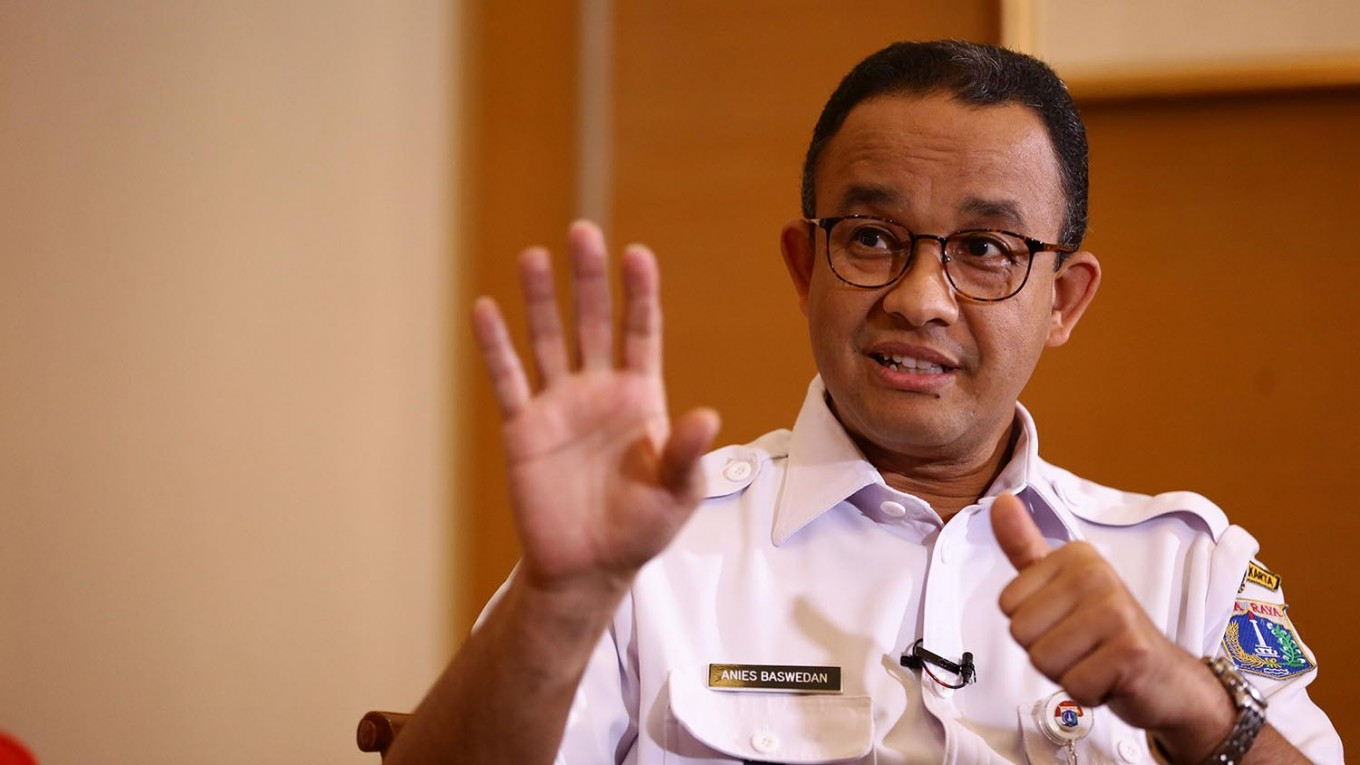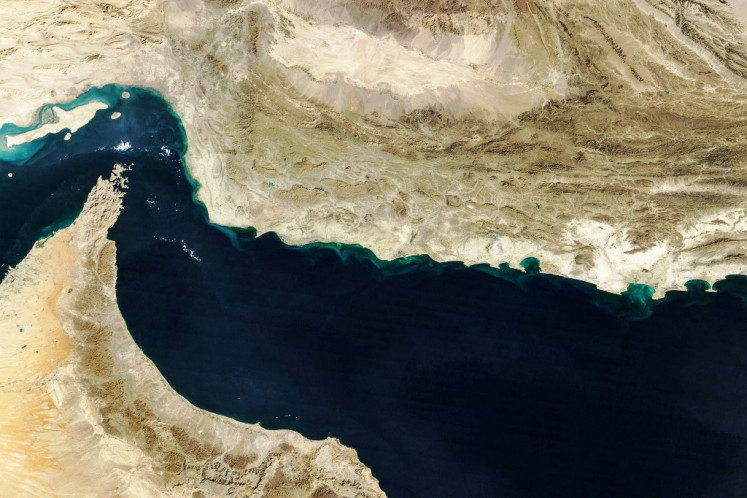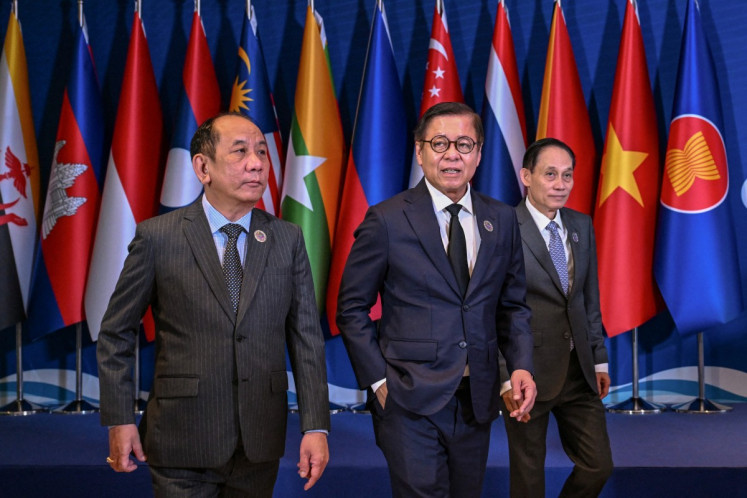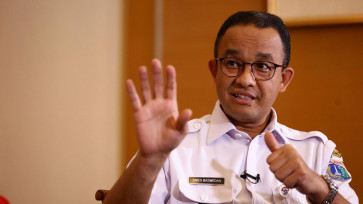Popular Reads
Top Results
Can't find what you're looking for?
View all search resultsPopular Reads
Top Results
Can't find what you're looking for?
View all search resultsAnalysis: Conservative ulamas’ endorsement cuts both ways for candidate Anies
Change text size
Gift Premium Articles
to Anyone

By signing an “integrity pact” with a group of conservative ulamas (Islamic scholars), presidential candidate Anies Baswedan may be gaining some extra votes. But he could also lose the support of a large segment of voters who are not comfortable with the group’s Islamist agenda.
News of the deal was disclosed by the Ijtima Ulama last week, which said signing the pact was a condition of the group’s endorsement of Anies, one of the three contestants in the Feb. 14, 2024, presidential election. It was not immediately clear when Anies and his running mate Muhaimin Iskandar had signed the deal, but the group said it sent the document on Nov. 19.
Ijtima Ulama and National Public Figures is a group of mostly conservative ulamas, including the once-firebrand Rizieq Shihab. It made its biggest impact during the 2017 Jakarta gubernatorial election. The group organized a mass rally in Jakarta on Dec. 2, 2016, to oppose the reelection bid of incumbent governor Basuki “Ahok” Tjahaja Purnama, a Christian of Chinese descent, accusing him of blasphemy against Islam. Challenger Anies beat Ahok in the run-off, which many said would have been impossible without the support of the conservative ulama movement.
Now with his sights on the presidency, Anies may find his association with the conservative ulamas more of a liability. One of their leaders, Rizieq, has been silenced after serving a jail term for violating the COVID-19 pandemic mobility restrictions. His Islam Defenders’ Front (FPI), notorious for attacking and harassing minorities and anyone considered un-Islamic, has been outlawed. It has resurfaced with a new name, the Islamic Brotherhood Front, with same initials, but it has lost its sting.
The conservative ulamas may not be all that effective at mobilizing voters. In the 2019 presidential race, Ijtima Ulama got challenger Prabowo Subianto to sign its integrity pact in return for its endorsement. Prabowo went on to lose the election to incumbent President Joko “Jokowi” Widodo for the second time. Now running for the third time, Prabowo, whom surveys put as the frontrunner, is likely glad to be rid of the group.
Anies, who is trailing a distant second or third, along with Ganjar Pranowo, will need all the votes he can get, but aligning with the conservative ulamas may not be the answer and may even be counterproductive. Anies has been struggling to shake off the stigma that comes with his association with the religious conservatism promulgated by the ulama group.

He does not really need their endorsement given that his presidential ticket is already sponsored by two large Islam-based parties: the National Mandate Party (PKB), which his running mate Muhaimin chairs and is the party of the Nahdlatul Ulama, Indonesia’s largest Islamic mass organization, as well as the Justice Welfare Party (PKS), which runs on an Islamist platform. The largest party in the coalition supporting Anies is the NasDem Party, which runs on a nationalist-secular platform.


















